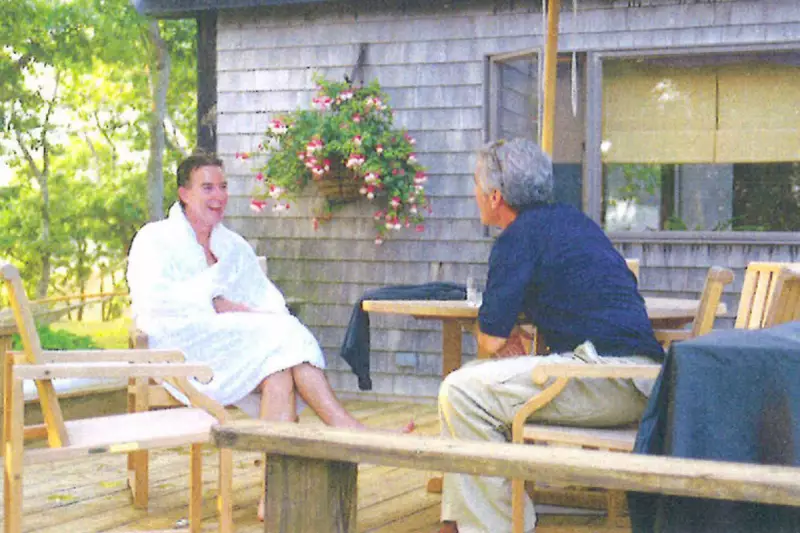
Freshly unearthed email correspondence has thrust Labour grandee Lord Peter Mandelson back into the spotlight, revealing previously undisclosed communications with the convicted sex offender Jeffrey Epstein and his accomplice, Ghislaine Maxwell.
The evidence, presented in a landmark defamation case, shows a series of emails exchanged between Mandelson and Maxwell, who acted as a key intermediary. The communications detail attempts to arrange meetings and discuss travel plans, painting a picture of a more established connection than previously acknowledged.
The Email Trail
The correspondence, which spans several years, includes a notable email from Maxwell to Mandelson with the subject line "Jeffrey question." In it, she directly asks if Mandelson would be available to meet with Epstein. Other emails show discussions about Mandelson's travel itinerary and potential meet-ups across various global locations.
This evidence directly challenges Lord Mandelson's long-held assertions regarding the nature and extent of his relationship with the two convicted criminals. For years, he has publicly downplayed their association.
A History of Controversial Links
Lord Mandelson's ties to this sordid circle are not entirely new. His reputation was previously damaged in 2008 when he was forced to address the nature of his stays at Epstein's properties.
At the time, he admitted to visiting Epstein's private Caribbean island but vehemently denied any knowledge of the illegal activities occurring there. He maintained that his interactions were purely social and centred around Maxwell, an old friend from his Oxford University days.
These new revelations, however, suggest a more direct and sustained line of communication with Epstein himself, going beyond mere social acquaintance.
The Legal Context
The emails surfaced during a high-profile $187m defamation lawsuit filed by a former Epstein employee against Maxwell's estate. Their introduction into legal proceedings adds a significant layer of credibility to the claims and provides a documented timeline of the interactions.
This development is likely to prompt renewed scrutiny of the links between British political elites and international financiers embroiled in criminal activity, questioning the boundaries of personal and professional associations.





